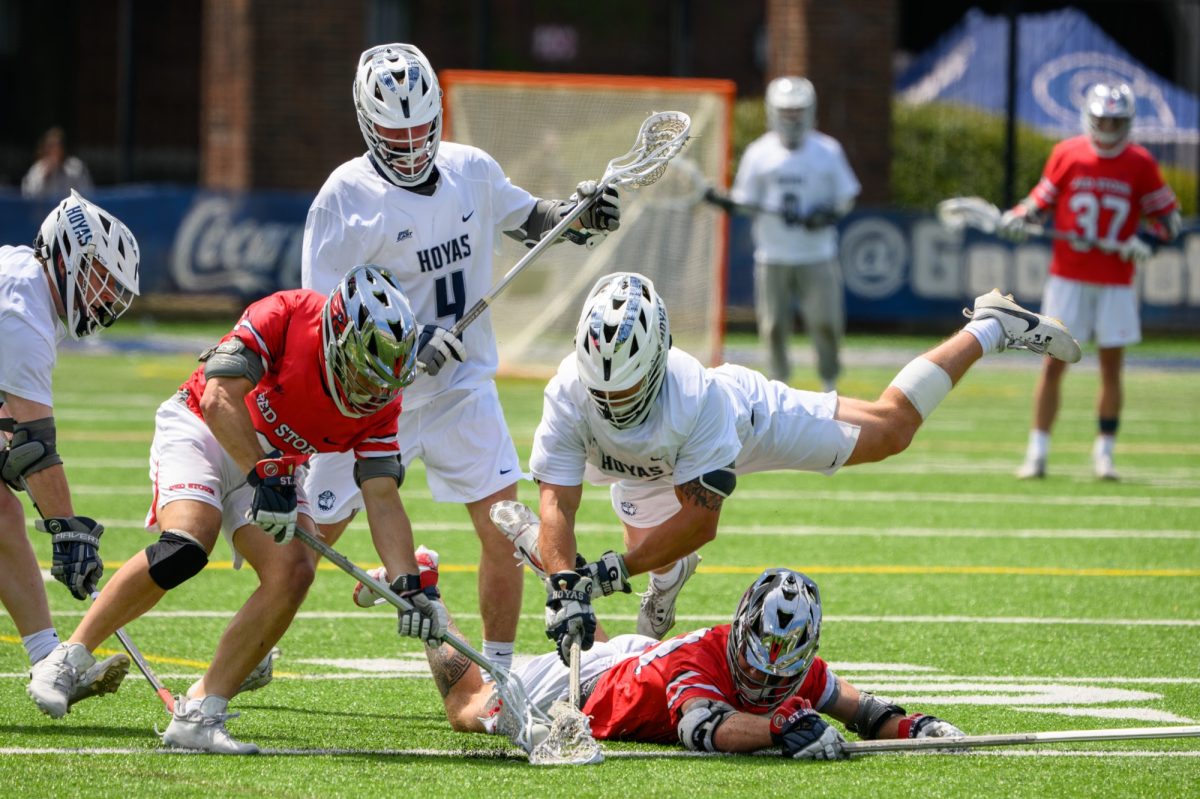Every four years, the World Baseball Classic reminds baseball fans around the world that the United States no longer owns baseball.
It is a well-known fact that countries such as the Dominican Republic and Japan embrace the game and consistently produce extremely talented, big-name Major Leaguers.
But American fans often overlook the culture and passion surrounding baseball in these nations. Sure, Major League Baseball recruits hundreds of foreign players, but the sheer volume of these unbelievably talented players is the product of a culture that exists alongside or even separate from American baseball. In truth, the prowess of baseball leagues all over the world has not only bolstered, but also arguably shaped, Major League Baseball as a whole.
The WBC embodies this phenomenon: The tournament, originally sanctioned by the International Baseball Federation but organized by the MLB and the Major League Baseball Players Association, showcases the elite skill of numerous baseball players from around the world. Some of these players, such as José Bautista, Robinson Canó or Andrelton Simmons, are known to Americans as major leaguers. Other lesser-known names represent the depth and strength of various countries’ leagues of men who never reach the MLB.
Since the tournament began in 2006, Team USA has failed to make the championship series, while other countries with notable baseball programs — such as Japan and the Dominican Republic — have taken center stage and dominated.
And though Team USA has hardly lacked in talent, they have been consistently bested by the international players both from the MLB and from leagues in their home countries.
One could argue that the United States shoots itself in the foot every few years when many of its pitchers fail to join, due to the scheduling of spring training and fear of arm injuries due to overuse.
And while this decision is completely understandable considering an MLB team attempts to maximize its World Series opportunities, it shows the lack of national pride in America that international baseball provides for other nations.
Take last Saturday’s game in Miami, where the Dominican Republic squared off against Team USA. The Dominican Republic battled back from a five-run deficit late in the game to win amidst an electric crowd clearly dominated by Dominican fans. Both the Dominican players and fans exhibited raw passion and excitement for their triumph over Team USA.
They illustrated that the game considered “America’s pastime” was not quite so; Americans were apathetic, but Dominicans put their hearts and souls in to win.
And this global claim on baseball is growing beyond the nations known to love the sport — in this year’s Classic, Team Netherlands sports a number of stars they call their own. Some, like Xander Bogaerts and the Yankees’ Didi Gregorius, are familiar MLB faces. Others, however, have played either primarily in Dutch leagues or have delved into leagues in Japan and the Minors. Regardless of where these players are known, they have formed a competitive, cohesive and talented ball club with a legitimate shot at winning the tournament.
Of course, baseball is not the cultural pillar in the Netherlands that it is in other countries in Latin America and Asia. It is overshadowed by not only soccer but also speed skating and field hockey, to name a few. But the increased number of quality players from this European country proves that baseball’s global popularity is growing.
The WBC shows us the passion other cultures and countries feel for the game. Sometimes, especially in the face of baseball’s increased criticism, we forget the ability the game has to not only captivate an audience, but also to invoke joy.
On Saturday night, the tournament witnessed pure love for baseball as a source of national pride — national pride for a country other than the United States.
We have known for a while that the United States, though claiming the game to be our country’s “national pastime,” does not own baseball. What we can glean now from other nations’ treatment of baseball is a way to rediscover the joy and excitement that America has arguably lost.
Now, it truly is anyone’s game.
 Amanda Christovich is a sophomore in the College. THE ANALYST appears every Friday.
Amanda Christovich is a sophomore in the College. THE ANALYST appears every Friday.














